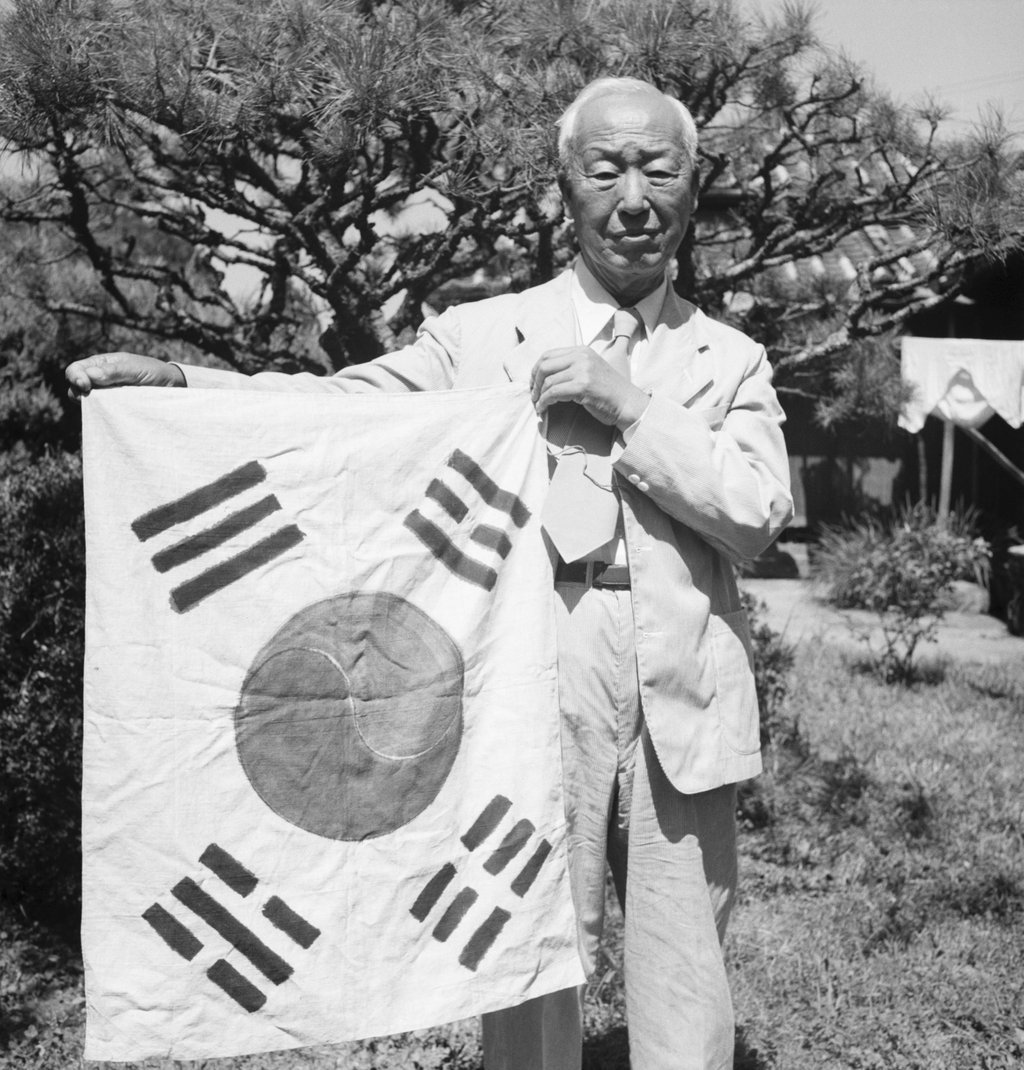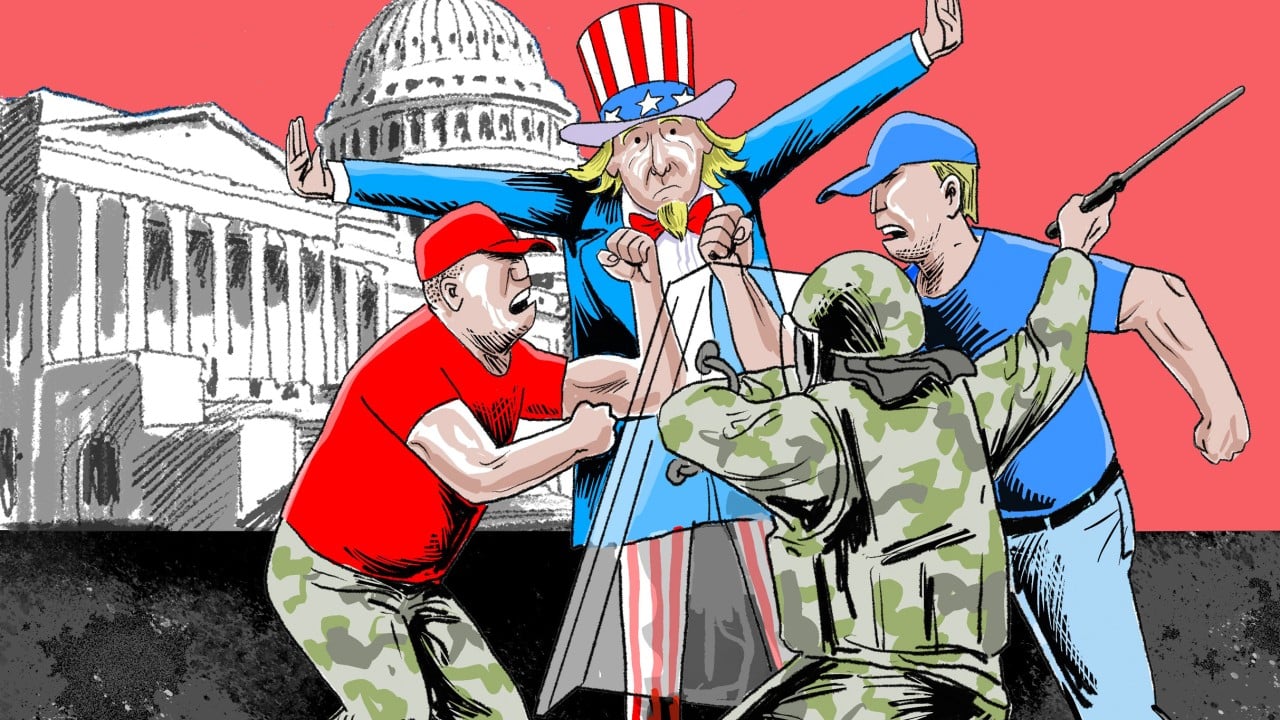Law enforcement agencies empowered by the government to carry out the agenda of an ageing president eager to settle political scores. Politicians, media and judges facing harassment and even arrest by forces loyal to the president.
Advertisement
A ruling party in lockstep with its autocratic leader, unwilling to challenge him amid a combination of ideological factors but also careerism. Police forces dispatched with emergency powers into strongholds of the political opposition. Politicians associated with the opposition party murdered.
This situation describes not the United States of today but South Korea under its first president, Syngman Rhee. Following the Korean peninsula’s liberation from decades of Japanese colonisation in 1945, the national division of 1948 and then the Korean war of 1950-53, the ostensibly democratic South Korea suffered from weak institutions and established norms.
This, along with the ever-present threat of North Korea and communist infiltration, plus extensive US backing, allowed Rhee to turn the country’s ruling Liberal Party into an organisation built almost entirely around loyalty to him. He could personally direct the country’s internal security forces against threats to his position.
Consequently, Rhee maintained tight control over the government for 12 years, even as the economy stagnated, his forces grew more brazen in their oppression and public discontent began to mount. These pressures finally boiled over in April 1960 when a massive uprising, led by young people unhappy with their still-dim economic prospects and Rhee loyalists’ blatant election-rigging, marched on the capital, prompting a fatal police crackdown.
Advertisement
This only stirred further outrage and protests, leading to a harsh reaction from the United States, South Korea’s most important ally. Rhee quickly resigned and, though he had spent decades during Japanese colonisation as a brave, self-sacrificing advocate for his people’s independence, is today largely remembered as a failed president and an autocrat, unworthy of being memorialised.


